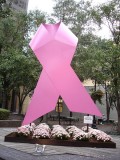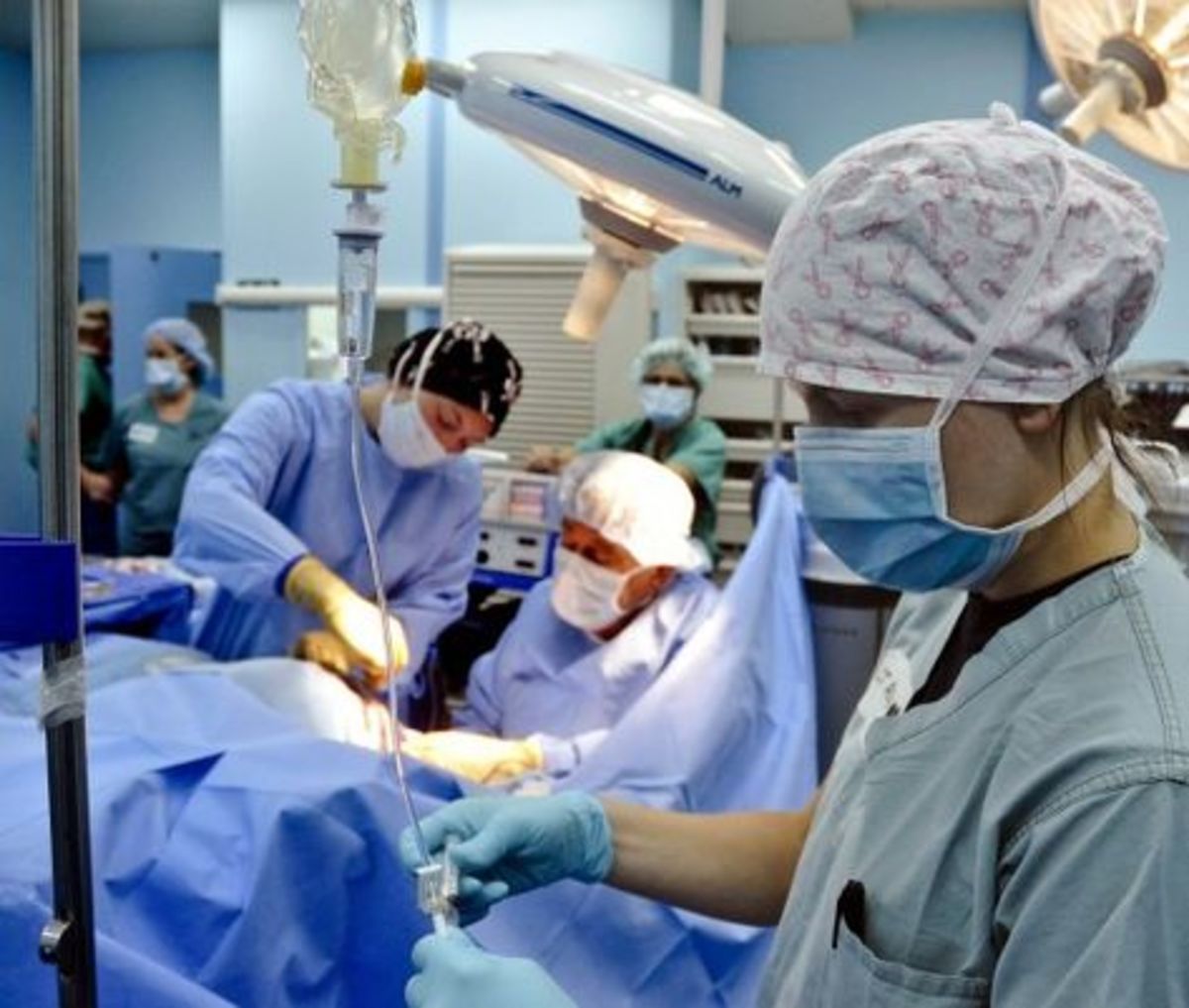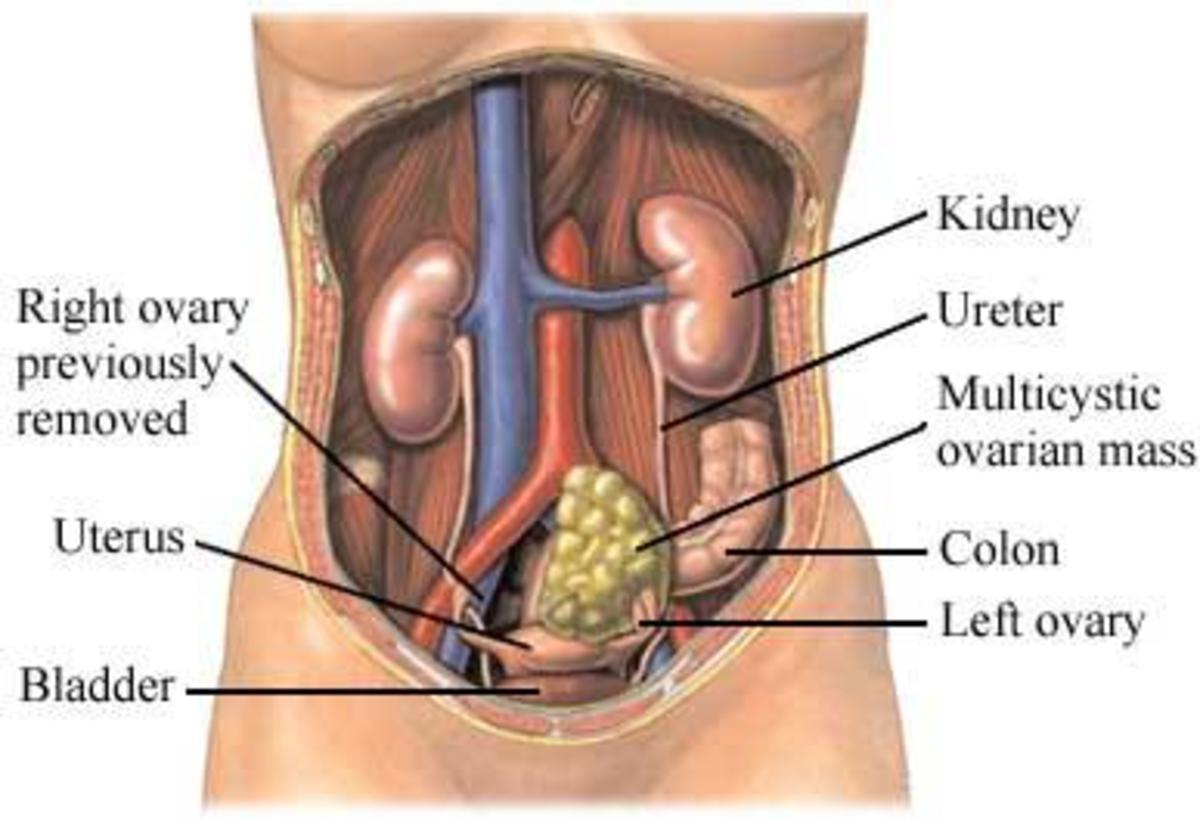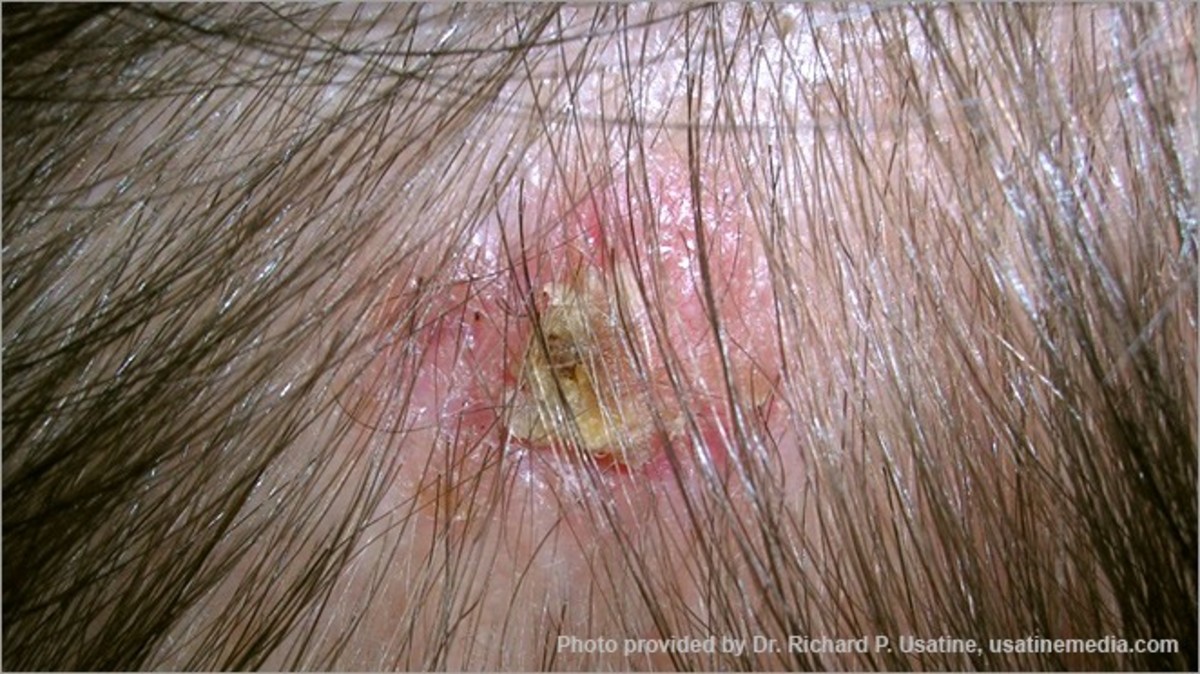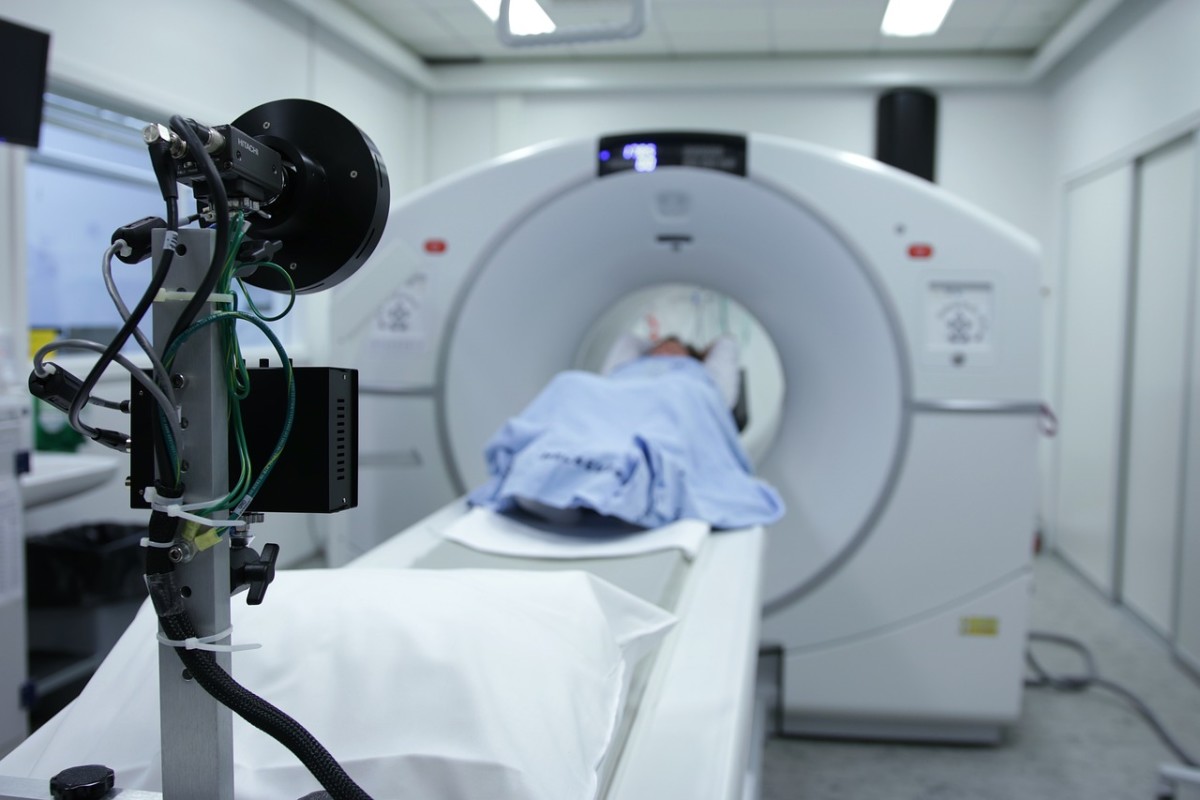Mushrooms Reduces Risk of Cancer
Mushrooms are a superfood and has many micronutrients and phytochemicals that helps reduce the risk of certain types of cancers, especially hormonal related cancers such as breast cancer and prostate cancer.
Mushrooms are able to reduce cancer risk because they are aromatase inhibitors and angogenesis inhibitors as well as have many other health promoting and immune boosting phytochemicals. More on what those are later.
Many mushrooms have many other phytochemicals that boost immune function and help reduce risk of cancers. White, cremini, portobello, oyster, maitake, and reishe mushrooms all have some anticaner abilities.
Another good thing is that heating and cooking does not reduce the beneficial effects of mushrooms. In fact, you get more benefit by cooking them and all mushroom should be cooked well before eating.
Mushroom Reduces Breast Cancer Risk
Mushroom reduces breast cancer risk in women by 64%. These are women who consume a third of an ounce of fresh mushroom daily. Dry mushroom are still effective, but not as much. Dry mushrooms only reduces risk by half.[1]
Study listed in PubMed suggest that "both common and specialty mushrooms may be chemoprotective against breast cancer" and that "all test mushrooms significantly suppressed cellular proliferation"[3].
Mushrooms lower the hormone that produce breast cancer as well as lowering the hormones that produce prostate cancer.
Mushrooms are natural aromatase inhibitors. A certain class of drugs used in the treatment of breast cancer and ovarian cancer are in fact aromatase inhibitors. Certain hormonal cancers such as breast cancer depens on estrogen in order to grow. Aromatase is the enzyme which synthesizes estrogen. By inhibiting aromatase, the production of estrogen is decreased.
Not only does aromatase inhibitors reduce risk of breast cancer, it also prevents the recurrence of it. Note however, there are many types of mushrooms and not all types have the same amount of aromatase inhibitors. The good thing is that the common inexpensive white button mushroom has good aromatase inhibitor properties
Crimini mushrooms contain significant amounts of conjugated linolenic acid (CLA) which is a type of fatty acid that can bind onto aromatase enzymes, hence decreasing the production of estrogen.
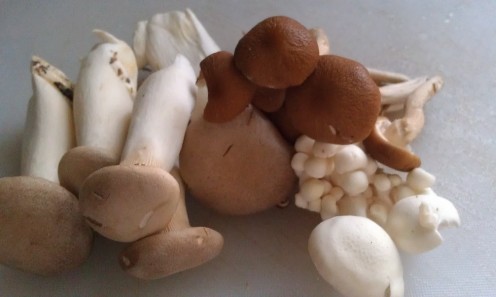
Mushroom Are Angiogenesis Inhibitors
Mushrooms are also angiogenesis inhibitor. Angiogenesis is the production of new blood vessels. Tumors cannot grow beyond a few millimeters without a blood supply. The tumor gives off signals to cause the body to create new blood vessels to it. Angiogenesis inhibitors prevents blood vessels from being formed to fuel tumors. Mushrooms exhibit this anti-angiogenesis property.
Mushroom boosts the Immune system
Central to the body's ability to fight cancer is the immune system. Some of the phytochemical in certain mushroom includes beta-D-glucans, fucogalactans, APO (2-amino-3H-phenoxazin-3-one), p-tolyl-hydrazine, and a wide range of exotic phytonutrient that is believed to enhance the immune system.[4]
Mushrooms contains compounds that have been shown in animal experiments to enhance the activity of natural killer T cells which detects and removes damaged cells or those cells infected with virus. They also contain proteins called antigen-binding lectins (ABL) which binds to abnormal cancerous cells and interferes with the cells ability to replicate.
Mushrooms also helps prevent DNA damage.
References to Mushrooms Cancer Fighting Abilities
Dr. Joel Fuhrman writes in his book, Super Immunity...
"Consuming mushrooms regularly is associated with a significantly decreased risk of breast cancer in both pre- and postmenopausal woman. Amazingly, frequent consumption of mushrooms can decrease the incidence of breast cancer by up to 60 to 70 percent!" [page 70]
But men should eat mushrooms too. Because mushroom are protective not only against breast and ovarian cancers, but it has been shown that mushroom is protective against colon, prostate, and ovarian cancers.
Mushrooms as well as dark leafy green vegetables play an important health promoting role and can help reduce cancer risk.
Watch the video on the right where Dr. Donald Abrams talks about how nutrition can reduce risk of cancer. He references the fact that mushroom are anti-agiogenesis.
Dr. Andrew Weil have spoken and written much about mushroom and why he loves them. In fact, in his anti-inflammatory food pyramid, it says that you can have unlimited amounts of cooked Asian mushrooms.
Dr. Andrew Weil also writes about mushrooms' anti-cancer and immune-boosting effects on his website's Q&A. In particular, he mentions a medicinal mushroom in Japan known as Agaricus blazei. He also likes maitake and reishi for their cancer fighting capabilities. Although reishi is too bitter to eat, they are available in forms of tea. He mentions fungi.com as a source where one can get these medicinal mushrooms.
Some of the more exotic mushrooms may look strange, and for some people thought of eating fungus may not be that appealing. But once you get past that, mushrooms can be part of a healthy diet.
Although, some say that those with candida or yeast overgrowth should avoid mushrooms, other disagree.
NaturalNews.com writes ...
"Eating ordinary mushrooms is not a good idea if you have candida because you're feeding it its own kind"
while owndoc.com writes otherwise.
Mushrooms and B vitamins
Mushrooms are also a good source of B vitamins -- in particular Thiamine B1, Riboflavin B2, and Niacinamide B3.
Note:
Mushroom should not be used as a substitute for conventional cancer treatment. Article was written March 2012 and is opinion at the time of writing. This is not medical advice and author is not a medical professional.
References:
- [1] Eating mushrooms daily 'may cut breast cancer risk by two thirds' - Telegraph
- [2] Angiogenesis Inhibitors - National Cancer Institute
A fact sheet that describes the process of eliminating the blood supply to tumors. Lists the cancers in which this approach is being tested. - [3] Commonly consumed and specialty dieta... [Exp Biol Med (Maywood). 2010] - PubMed - NCBI
- [4] WHFoods: Mushrooms, crimini



